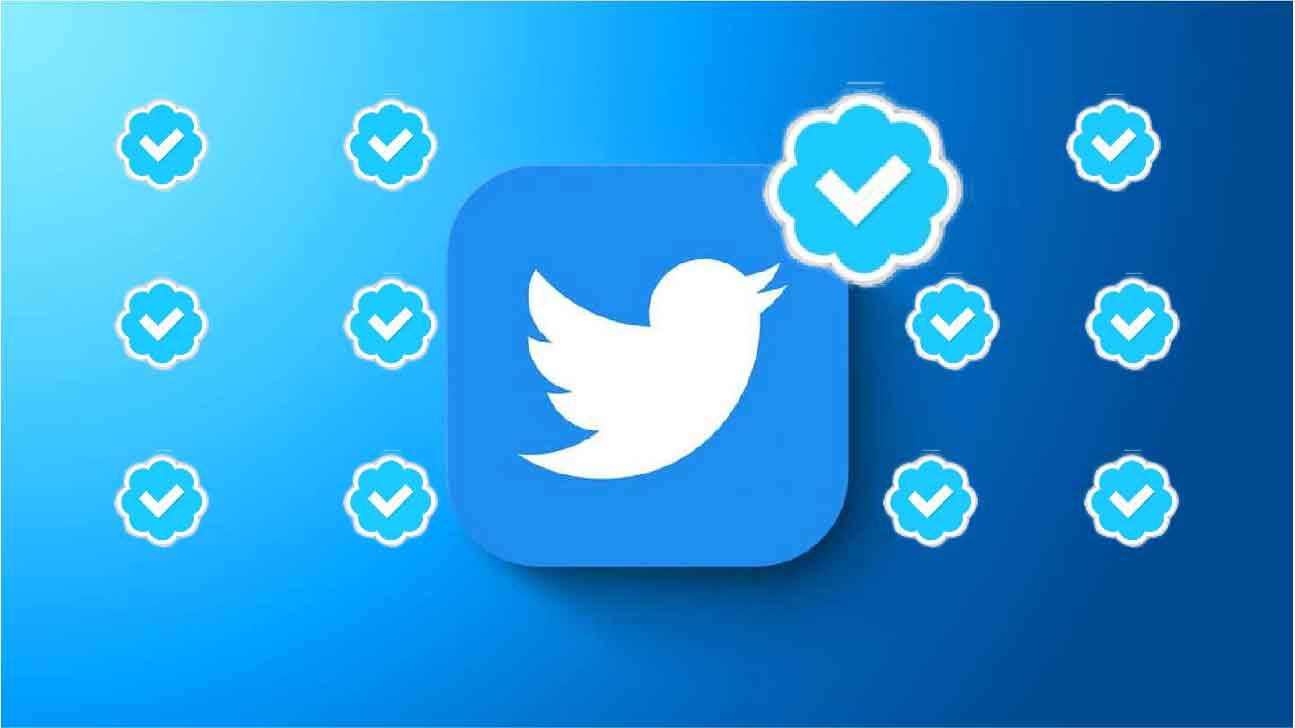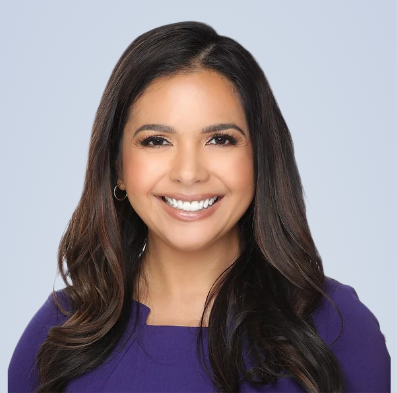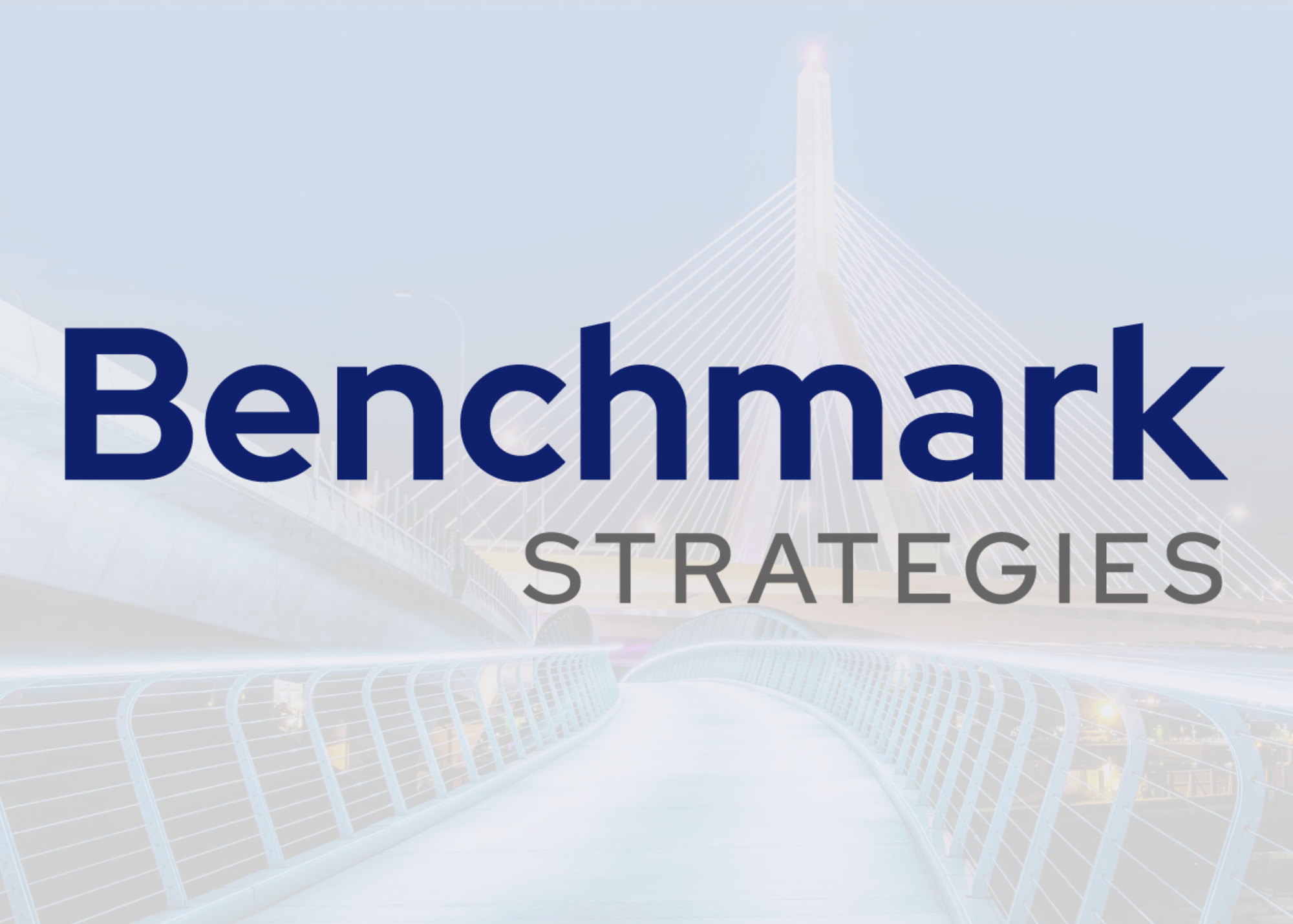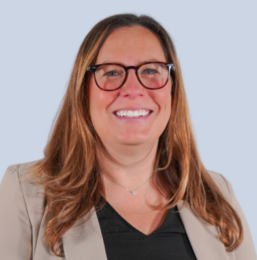
You’ll probably notice a lot more blue checkmarks in your social media feed in the next couple of weeks. Mine is one of them. However, I didn’t ‘earn’ it, I bought my Instagram verification for $14.99 a month.
The blue check mark crowd used to be exclusive, or at least it felt that way. To get a blue checkmark, you had to be notable and likely to be impersonated or hacked.
Although the process varied per platform and changed throughout the years, typically it involved sending in published articles, broadcast clips or other proof that you or your business is notable. Then, you’d have to share at least one form of government ID.
Users would see a blue checkmark and know the account belonged to the official team of a celebrity, influencer, content creator, politician, media company, business, etc.
For many content creators, gaining verification was a milestone and came with celebrations. Fans of some content creators, influencers and smaller celebrities who were not verified would often campaign to get their favorite the blue checkmark.
Things are changing rapidly. In a move that is a combination of enhanced security and profit-seeking, both Twitter and Meta now require individual users to pay for verification through a paid subscription.
Twitter Blue starts at $8 a month. In addition to the blue checkmark, you get a SMS two-factor authentication and features that allow you to edit your tweets and publish longer tweets and videos.
It is currently only available for individuals and not businesses. There is a different set of badges for government agencies and businesses.
You don’t need to provide an ID, just your phone number.
Meta Verified offers separate bundles for Instagram and Facebook and pricing depends on whether you are using the app or a desktop. It is $14.99/month for the app and $11.99/month for desktop. There is also two-factor authentication plus direct account support. You can talk to an actual person if there are issues. Anyone who has had issues with their account knows this is actually very helpful.
It is also only available for individuals in the US, Australia and New Zealand. You do need to provide a government ID.
There is a crowd that has dealt with impersonators and hacked accounts that will likely jump at these features. It’s unclear if it’s enough to prevent hackers, fake accounts and bots as they continue to become more sophisticated.
It may protect your account slightly but makes the overall experience less secure for users. Twitter launched the feature first and I can’t tell which accounts are real anymore. Although they don’t allow impersonations, there are a lot of verified parody and fan accounts. It’s confusing, especially at first glance.
There is a crowd that will sign up solely for the status. The feeling of prominence. It’s likely short-lived though. The more verified accounts there are, the value diminishes.
At some point, users will know you paid for your verification. Twitter is phasing out its ‘legacy’ blue checks, so anyone who earned one will have to pay to keep one.
Many prominent people are choosing not to subscribe out of principle. Twitter knows this and announced that those without the check mark won’t be recommended on the main feed starting April 15th.
When I was a broadcast journalist, I was verified on Twitter and Facebook. I never got verified on Instagram and I didn’t use TikTok back then. I changed my Twitter handle when I left TV and lost that verification.
There was a quick dopamine hit when I saw my newly paid for Instagram verification but it’s already wearing off.
My advice? Wait. See how the programs play out. See how they affect your engagement on each platform. I’ll keep you posted on whether my blue checkmark is worth the money.
About the Author
Elysia Rodriguez, Vice President of Media Strategy
As a Vice President of Media Strategy, Elysia provides a modern approach to PR and outreach through content creation and storytelling.
Prior to joining Benchmark, Elysia worked more than 15 years in television news as an Emmy award winning journalist. She worked across the country but most of her work had been in New England – with the CBS station in Providence, RI and the NBC station in Springfield, MA. She also spent the last 6 years in Boston at NECN/NBC10 Boston and then Boston 25 News.
Elysia is a graduate of Roger Williams University, where she earned degrees in communications and political science, and lives in Southern Massachusetts with her daughter.
For information on how developing media strategy can help your organization, email erodriguez@benchmark-strategies.com. Her verified Instagram is @elysia.rodriguez




